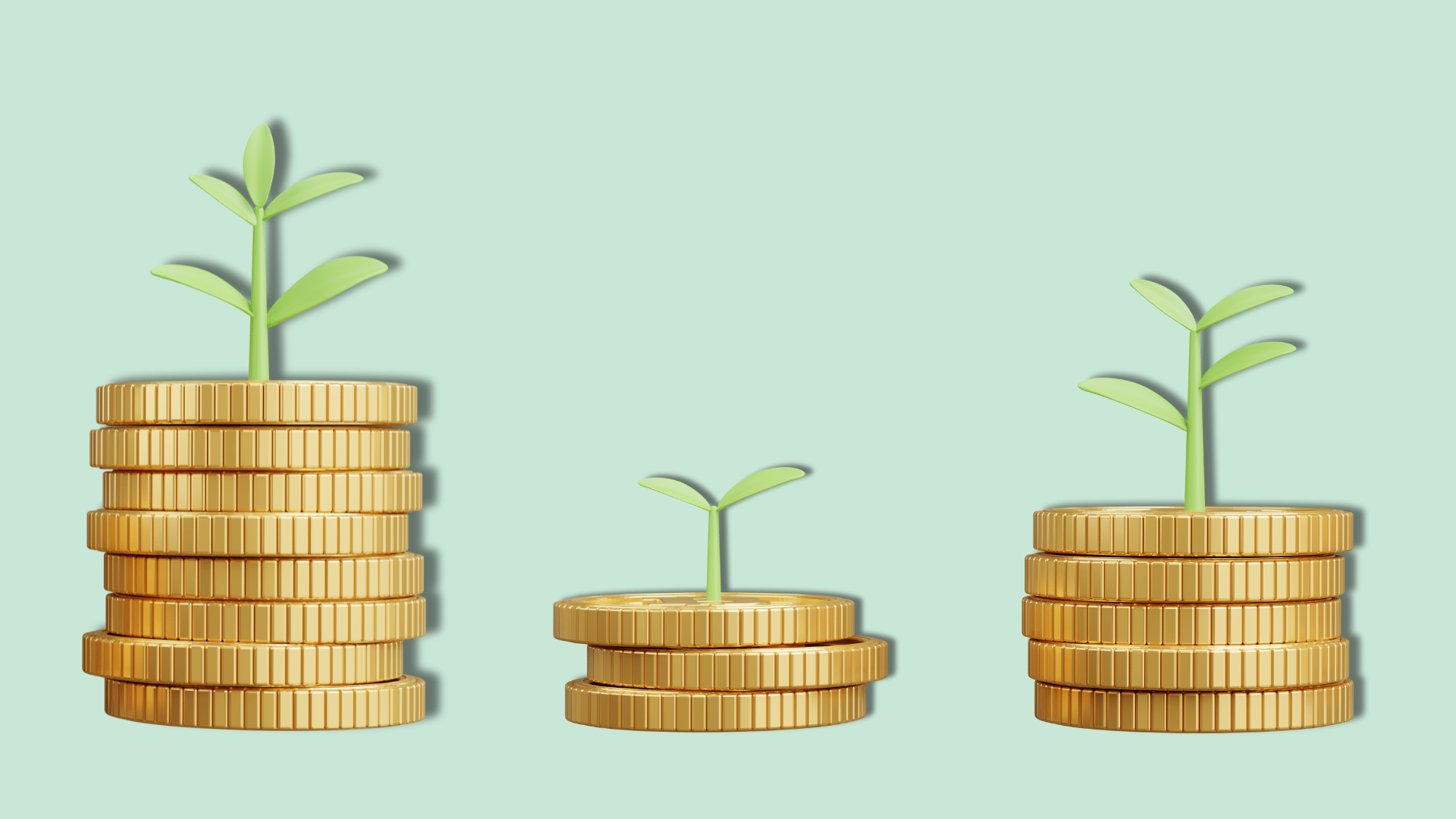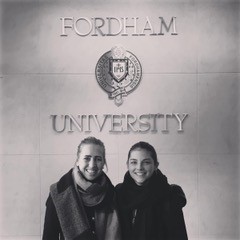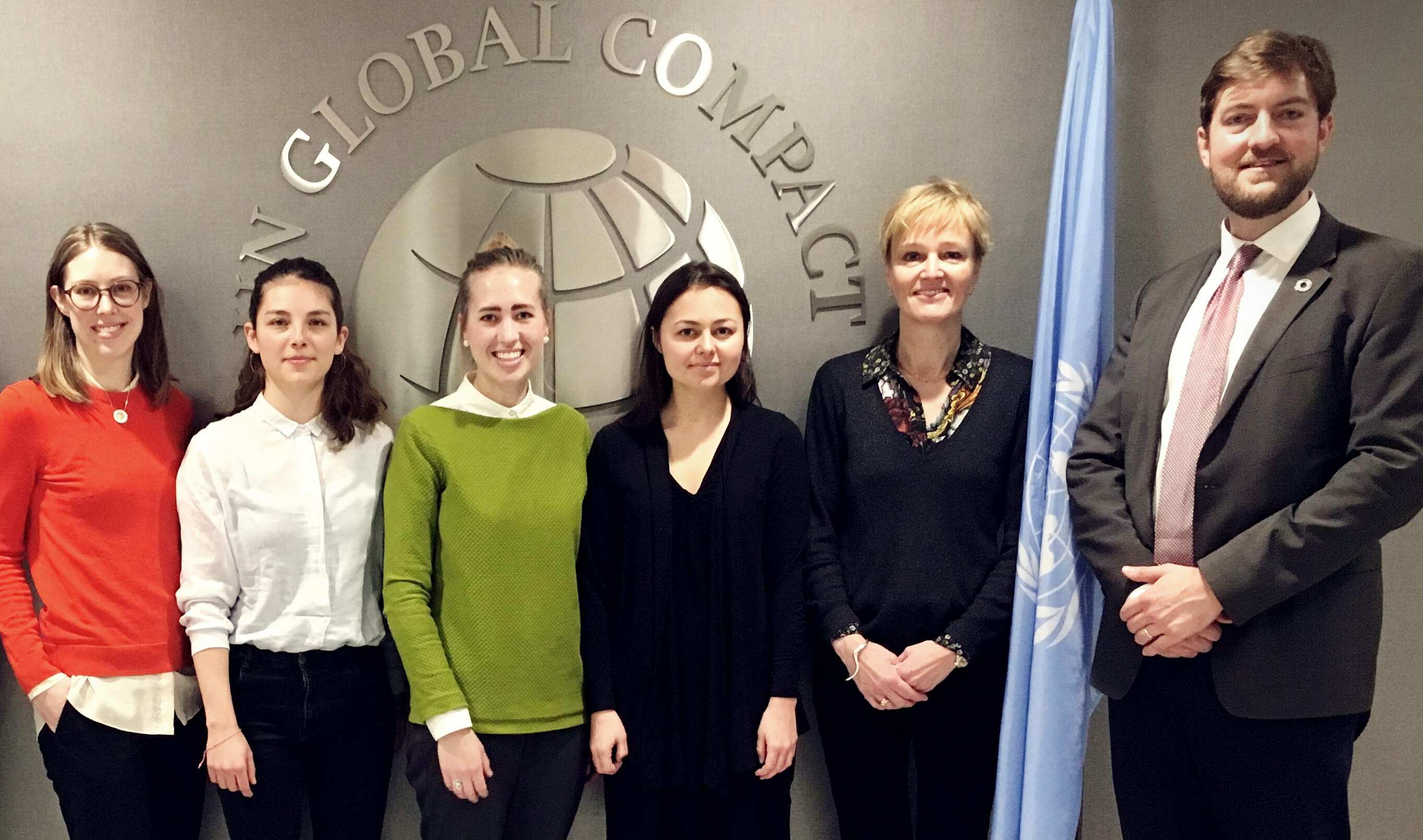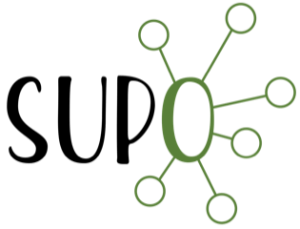
In an earlier BOS article, Louise Thomsen from CBS PRME asked the question whether universities are falling behind on the green transition. We, as students, might not feel resourceful enough to bring up the debate about sustainable development and large-scale transitions. But in fact, we have tremendous possibilities to help our own institutions walk the walk towards reaching a more sustainable environment, for example with a campus currency.
One foot first and then another
We are students. We don’t have to wait for people in a boardroom to decide whether or not to add sustainability to the agenda. We can start taking the first steps now. Today. You can actively engage with socially responsible or green student organizations, participate in events concerning everything from circular economy to the sustainable development goals (SDGs) and you can try and influence such things as how the canteen handles food waste. Why not just take an extra step and start transforming the campus ourselves? That is what the SuPo community currency project is all about: Creating bottom-up sustainability at CBS campus. Since the beginning of the project, we have already taken many steps, some of which took us down the busy streets of Manhattan towards the office of the UN Global Compact.
1 Hackathon, 4 SDGs and 3 strangers
Let’s rewind for a second to explain how we ended up in the Big Apple on a chilly day in March. This recap is for those of you, who have been so focused on this semester’s curriculum that words such as SuPo, Sustainable Campus Hackathon and PRME have escaped your vocabulary.
The number 3 has always been magical. We were three girls, from three different countries and three different universities who met for the first time during the Sustainable Campus Hackathon in November 2017 at the Student & Innovation House. The hackathon involved four SDGs and the aim was to encourage sustainability-driven changes of the CBS campus. Coincidentally, we decided to team up to develop an idea related to green infrastructure during the day-and-a-half long case competition. After walking around in circles for 6 hours trying to come up with the right idea, we somehow had a ‘light bulb moment’ after some much-needed pizza: the idea of SuPo was born.
SuPo; a CBS community currency to promote sustainable behaviour where virtual points can be earned and spent around the campus. Suddenly we were rushing through a 4-minute pitch, first at a preliminary heat, then the finale. It felt unbelievable, but we won. Now to the exciting stuff: Besides implementing SuPo at CBS, the prize included flying to New York City to present our idea to the joint UN Global Compact and PRME office!
The project takes off
Thanks to our jetlag, there was no need to set an alarm as we were wide awake by 3 am anyway. Over the last few weeks we have been excitedly talking about this day so many times, each day with increasing anticipation. Today was finally the day: The bags were packed, the presentation was tuned, the shirt ironed. We were ready to present at the UN Global Compact office and share with them how we thought this project could transform our campus for the better. It felt like a massive step. And it was still just 5 am.
SuPo took a bite of the Big Apple
o start off on the right leg that morning, we had a good old American bagel with coffee before rushing through the busy underground metro network to the first meeting of the day. After an introduction by the UN Global Compact and PRME, we took the floor and presented the Sustainable Campus Hackathon as well as the ideas, collaborations and visions behind the SuPo project. The 2-hour long meeting was an incredible experience for us and everyone present participated in the discussion after the presentation. The idea about a community currency based on sustainable behaviour definitely gained support, as one of the UN interns was asked to research the possibilities of inferring a similar system within the UN office. Mission accomplished!

Our next stop was the Social Innovation Lab of Fordham University which is located right at South Central Park. Our morning bagels were long gone by now, so our empty stomachs were rumbling when a range of American pizzas were brought in. You know, the thick, cheesy, mainly meat style pizzas you see Joey eat in Friends. We started the meeting by giving a less detailed presentation of SuPo. Afterwards, the Social Innovation Lab students shared their own projects and interests which ranged from projects on self-sufficient housing to project collaborations with large environmental-advocacy networks. Impressive. Later that day, we received emails from the professors present at the university meeting highlighting their interest in testing SuPo at Fordham as soon as a pilot project has been developed at CBS. They were also eager to organize their own Sustainable Campus Hackathon with help from the organizers in Copenhagen. What a day!
Get involved and create change
It took one hackathon and one good idea before we sat at the long meeting room table in the UN Global Compact office. It took a few more meetings at home before we were able to sit around that table and talk about collaborations on sustainability across the Atlantic. If we can do that in the space of four months, so can you. Get involved around campus, make up your own projects or join the SuPo community. We would love to get involved and take our next steps with you.

Since the hackathon, SuPo has grown to become a CBS-owned project with funding and staff support. The short-term aim of the project is to develop a simulation of the community currency and a pilot project at CBS. Never before has a community currency been introduced to a Business School – SuPo could be the first one. So rather than closing the SuPo chapter after NYC, we embrace the positive response we got on our trip and will use it to push harder for the development of SuPo. The difficult but exciting journey of creating a reward system for sustainable behaviour on CBS campus is just taking off.

If you want to be part of the future SuPo story and join a thrilling sustainable movement to make an impact, get in contact or like & follow us on Facebook and Instagram.

Stine Eiersholt is a MSc in Climate Change student at the University of Copenhagen and works as a student assistant at Climate-KIC – a European climate innovation initiative. In her free time, she hosts a podcast called Influenced by Nature with the aim to highlight people and projects striving to solve climate change, environmental and sustainability related issues. Follow her on Twitter: @inflbynature

Lena Tünkers is a master student at CBS studying Organizational Innovation and Entrepreneurship with a strong interest in innovative business models that lead to more sustainable behavior.
